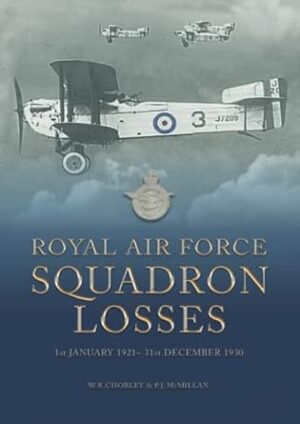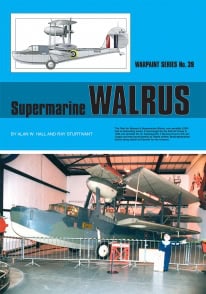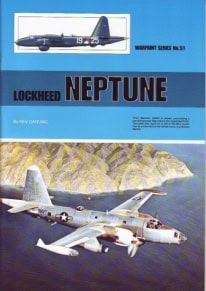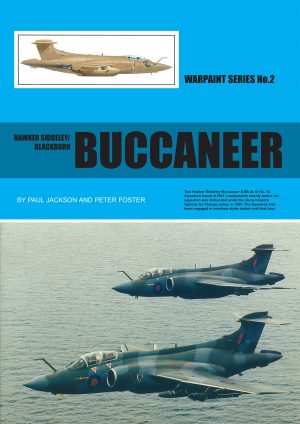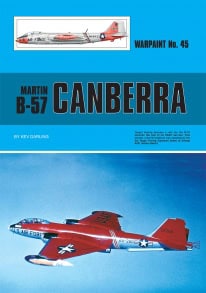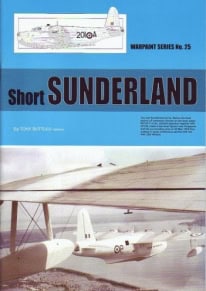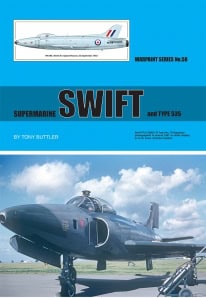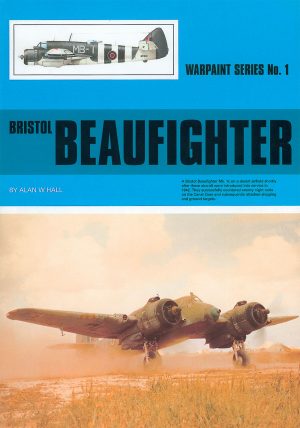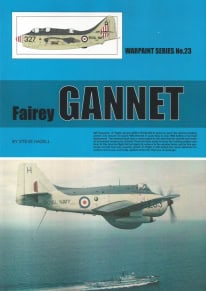Description
The Royal Air Force of the 1920s was still very much in the vein of the Great War period when biplanes dominated the skies. Thus, many squadrons at home and abroad were equipped with Airco DH.9As and Bristol F.2b types, both giving excellent service in areas of strategic importance to the United Kingdom. To meet these demands a regular supply of aircrew were required. In the main pilots were found by way of the short service commissioning scheme and Cranwell graduates, though throughout the decade all squadrons had a nucleus of sergeant-pilots.
Bill Chorley’s ‘RAF Bomber Command Losses of the Second World War’ has long been the authoritative source of information about the casualties suffered by aircrew in the strategic bombing campaign against Germany in that conflict. Bill is now compiling in conjunction with his co-author, Paul McMillan, a comprehensive list of interwar Royal Air Force squadron losses, the fourth book in the series covering losses from January 1921 to December 1930 which, whilst a haven of peace and tranquillity after the slaughter of the Great War, were still a perilous period for flying aircraft in military service. Aircraft were becoming bigger and faster, and the deployment of RAF squadrons to the Middle East and India, amongst other locations, saw the inevitable losses due to weather, operations in difficult and hostile terrain, and during local conflicts.
In presenting this fourth volume in the series of Royal Air Force squadron losses between April 1918 and September 1939, the authors have maintained the style set by the third book. Additional to summarising the losses – a total of 658 aircraft destroyed or damaged beyond economical repair – between January 1921 and December 1930, where many of the United Kingdom accidents are enhanced by contemporary newspaper reports, extensive coverage is being presented in appendices featuring officers commanding squadrons, short service commission officers and flight cadets graduating with permanent commissions from the College at Cranwell, many subsequently becoming air ranked officers of the service. Within these appendices the authors show a wealth of data regarding ranks and dates of completion of service, citations, where available, for gallantry awards, along with information for those who lost their lives in accidents unconnected with squadron operations.
As the introduction begins to this fourth volume, the Royal Air Force of the time was often referred to as “The Best Flying Club in the World” and, therefore, no less than fifty-eight photographs are included to illustrate what ‘Club Members’ could expect to fly.
This work is probably unique, and is certainly the most comprehensive record available of RAF losses in the interwar period.

